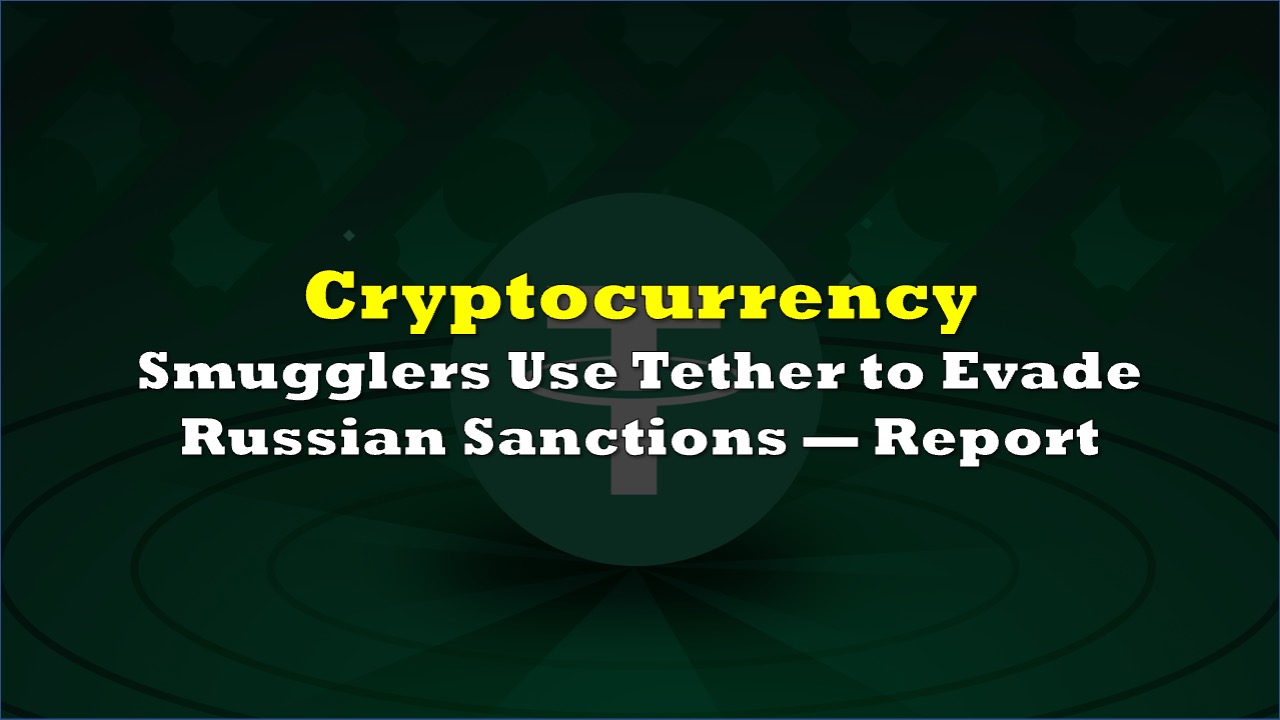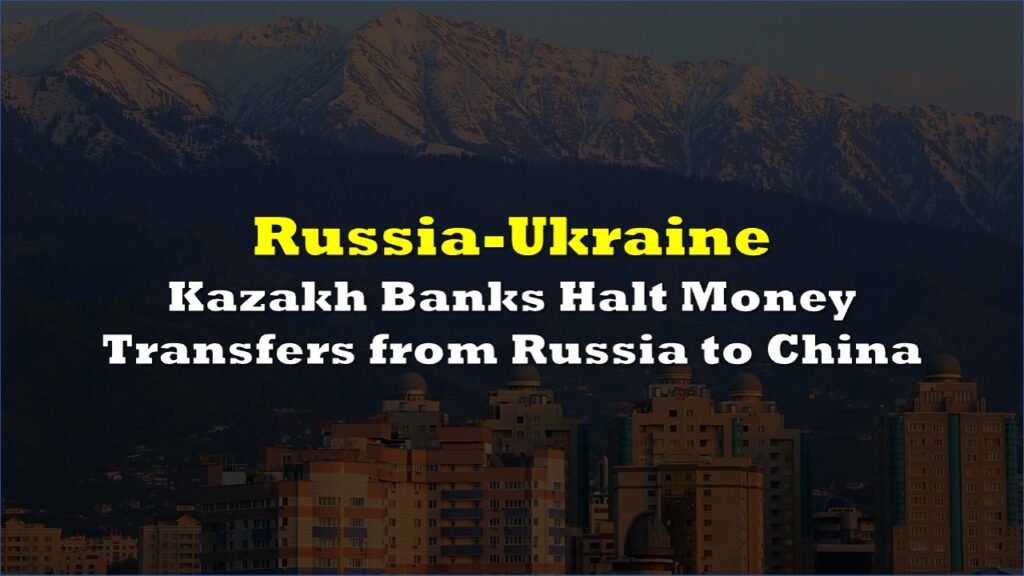Tether has emerged as a major facilitator for Russian entities looking to work around Western sanctions over the invasion of Ukraine, according to a recent report from the Wall Street Journal.
Tether, which claims to be backed one-to-one by US dollars, has become the preferred payment rail for a “shadow trade” keeping key Russian industries supplied with foreign goods despite financial restrictions. Its anonymous nature and massive $120 billion-plus daily trading volumes make tracing illicit transactions extremely difficult.
One Russian smuggler, Andrey Zverev, has leveraged tether to orchestrate multi-million dollar deals on behalf of Kalashnikov Concern, Russia’s largest arms manufacturer. Late last year, according to WSJ, Zverev arranged a $10 million order of electronics from a Hong Kong supplier for Kalashnikov’s drone production line.
With banks blocking ruble payments due to sanctions, Zverev converted Kalashnikov’s ruble funds to tether on a Moscow cryptocurrency exchange. He then swapped the tether for yuan to pay the Chinese supplier, obscuring the financial trail.
“USDT (Tether) is a key step in the chain,” Zverev explained, noting it helped “break up the connection” between the Russian and Chinese companies to evade tracing.
Users simply trade tether on public blockchains or private exchanges for other cryptocurrencies or to pay for goods and services globally. Its issuer, Tether Holdings, has no banking relationships in the US that could be leveraged for sanctions enforcement.
The US Treasury Department is now pushing Congress for authority to block transactions in Tether and other dollar-pegged “stablecoins,” which it says Russia increasingly relies on to “circumvent U.S. sanctions and continue funding its war.”
Just last week, Treasury blacklisted a Moscow firm providing Tether-based payment services via a sanctioned Russian bank. Officials called out tether’s role as an “alternative payment mechanism” for the Kremlin.
Russian crypto leaders are actively promoting tether as a sanctions-busting tool. One mogul recently touted it as “perfectly easy” for paying Iranian entities unimpeded.
Shortly after the report came out, Tether posted an update that the company had completed a security audit.
I have some good news and some bad news:
— H.E. Cas Piancey (@CasPiancey) April 2, 2024
the good news is we at Tether completed a security audit — our systems look safe!
now, the bad news… we’ve been implicated in weapon sales to Vladimir Putin.
ANYWAY https://t.co/0s17KelxIr
Information for this story was found via the Wall Street Journal, and the sources and companies mentioned. The author has no securities or affiliations related to the organizations discussed. Not a recommendation to buy or sell. Always do additional research and consult a professional before purchasing a security. The author holds no licenses.









